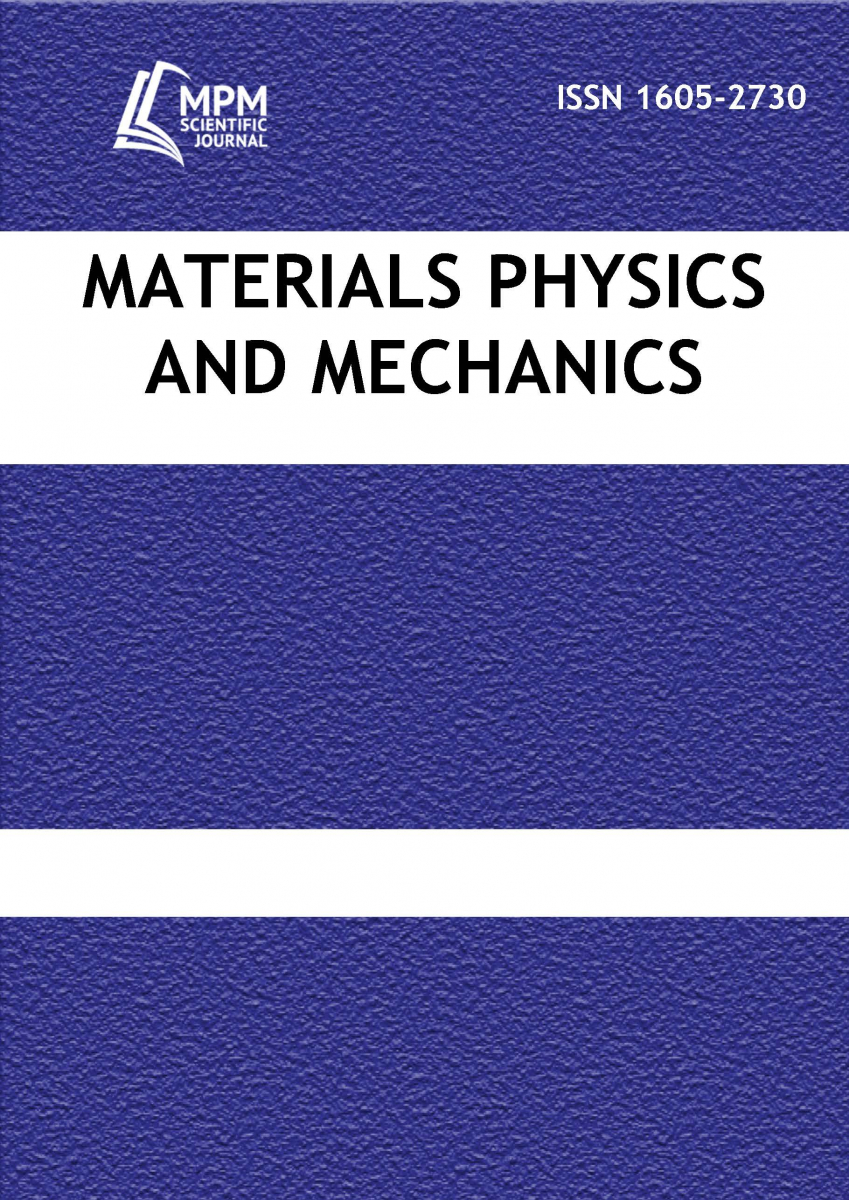Fatigue of commercially pure titanium dental implants
Failure of two commercially pure titanium dental implants was analysed. The implants fractured at the abutments after only three years use. One abutment failed at the junction of the threaded and unthreaded areas, the other failed within the threaded area. Both failures were by reversed bending fatigue, whereby fatigue cracks began from relatively coarse machining marks on the abutments. The final fracture areas were less than 10 % of the total fracture surfaces, indicating that the abutments had not been abnormally loaded. However, bone resorption would have increased the abutment bending stresses by causing an increased moment arm of the acting forces and misalignment of the abutments in the maxilla. The effect of misalignment was investigated by finite element modelling, which showed that even a slight misalignment could double the bending stresses. This unanticipated large effect, combined with the coarse machining marks, explains the premature failure of the implants.


